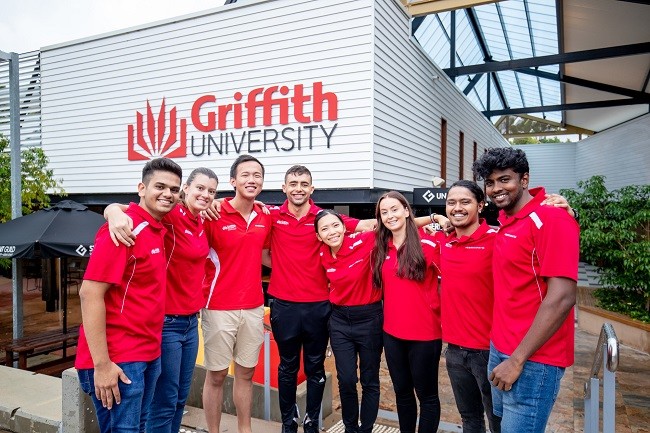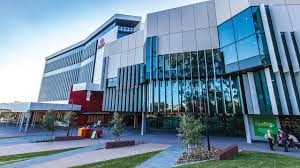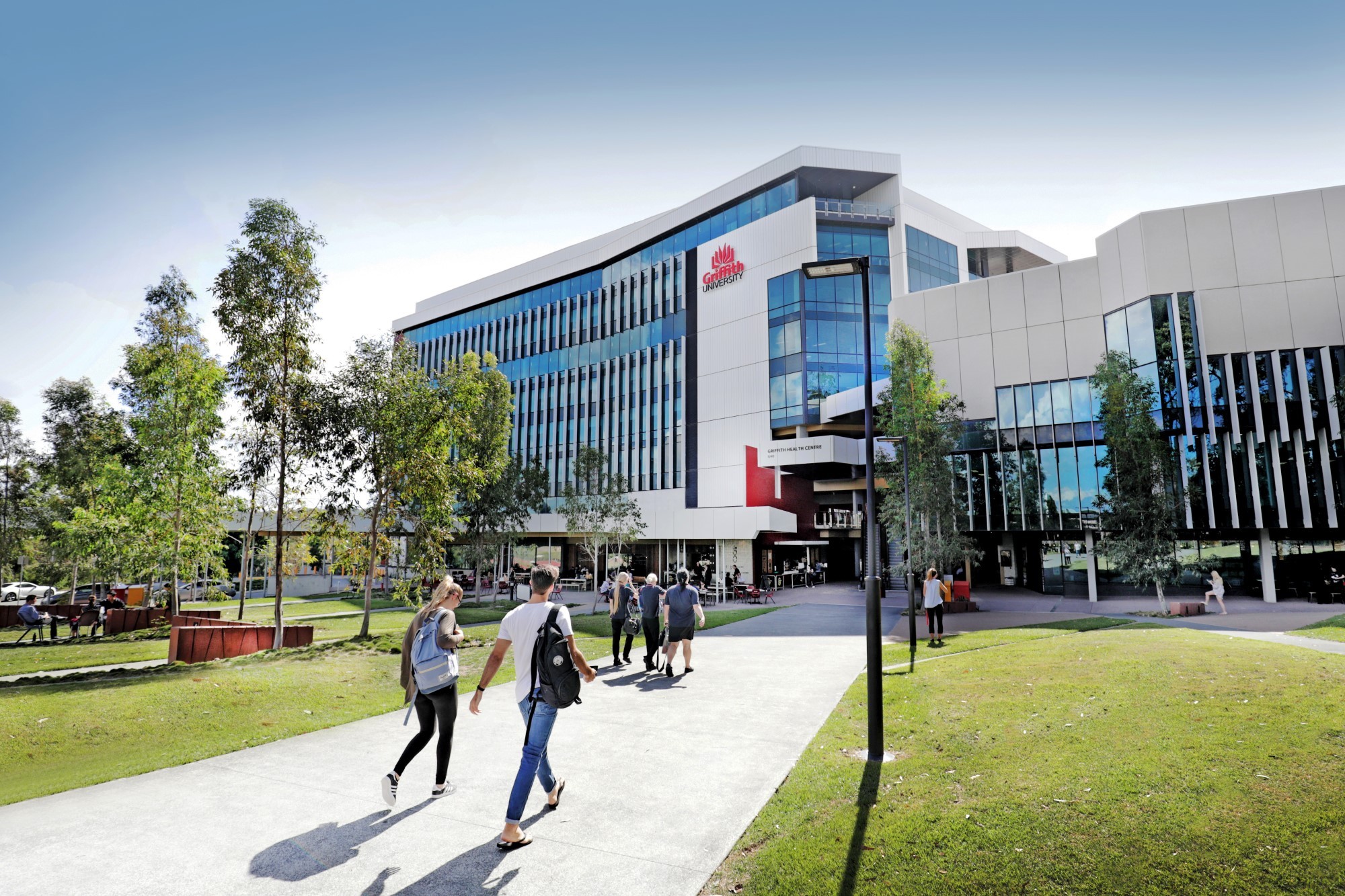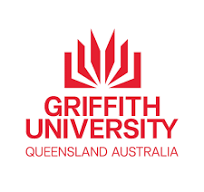
BACHELORS OF ENGINEERING (HONOURS) / DATA SCIENCE


Overview
5 YEARS
YES
AU $40,500 PER YEAR
FEB, JULY, NOV
Overview
- As factories and other engineering environments transform into an industrial Internet of Things, the ability to analyse vast quantities of data to extract relevant intelligence is an increasingly and highly sought-after skill.
- Data science provides a broad knowledge of the exploration, gathering, manipulation, visualisation, automation and interpretation of data using digital platforms and can be applied to enable real-time performance optimisation.
- This double degree will enable you to provide data-based insights based on your specific expertise in engineering, to improve decision-making, reduce costs and increase efficiencies.
- You'll gain knowledge in your chosen engineering major and skills to access the insights large data sets provide and lead the way in translating data into actionable information including manipulation, modelling, interpretation and visualisation, using a range of digital platforms and tools.
- In your final year, you can enhance your employability through an industry placement to gain practical experience and valuable industry networks.
- You'll also graduate with a degree accredited by the national engineering body (Engineers Australia) and be fully equipped to work in local, national and international sectors.
Engineering majors (offered at the Gold Coast)
*Civil Engineering
*Electrical and Electronic Engineering
*Mechanical Engineering
*Software Engineering
Attendance information
> The Bachelor of Engineering (Honours)/Bachelor of Data Science is available full-time and part time on-campus at the Nathan and Gold Coast campuses. The program includes some Trimester 3 core courses.
> If you are an International student on a student visa, you must ensure that you enrol in a way that will allow you to complete your enrolment within the expected program duration as stated on your Confirmation of Enrolment (CoE).
My career opportunities
Civil Engineering
> Civil engineers provide a major contribution to society by supporting the design and development of essential services, and by managing and improving the built environment. Demand for civil engineering professionals has grown and is expected to continue be an area of high demand. You could find employment in jobs such as chief civil engineer, construction engineer, municipal engineer, structural engineer, transport engineer, water supply distribution engineer, project manager and consulting engineer.
Electrical and Electronic Engineering
Electrical devices reach into all aspects of our lives in the form of heating and cooling, lighting and power, communications and computing, entertainment and information systems. As a graduate you will be prepared to work in any of these areas. Electrical and electronic engineers work with senior administrators, civil and mechanical engineers, computer scientists and various workers in the business, building and construction industries. The essential nature of an electrical engineers' role places them in the position to influence the development and application of new and emerging technologies. This includes the fast-growing energy industry. You could work to incorporate locally generated renewable energy resources into our more conventional supply systems, helping to reduce costs, save energy and alleviate global warming. Electrical and electronic engineering is a career for people who want to make a difference.
Mechanical Engineering
Mechanical engineering is the most diverse of all the engineering disciplines, which means you will be able to use your skills in a variety of avenues including design, research, development or production. As a graduate, you will be qualified for a career in medical, automotive, aerospace, renewable energy, marine and sports-related sectors. Not all engineering graduates work as engineers - the transferrable skills and methodology developed through your degree provide a springboard to any career where critical thinking, the ability to analyse and investigate new information and evidenced-based decision making are valued.
Software Engineering
As a graduate, you will be prepared for a career in software development and be equipped to meet the demands of the rapidly changing software industry. You will find employment as a software architect, software developer, software engineer, software tester, IT project manager, systems analyst, security specialist, computational scientist, programmer, networking and communications specialist, and in research and development. Not all engineering graduates work as engineers - the transferrable skills and methodology developed through your degree provide a springboard to any career where critical thinking, the ability to analyse and investigate new information and evidenced-based decision making are valued.
Data Science
Never have we collected so much data about absolutely everything. From things that happen naturally, like climate change or the birth of galaxies, to all the social businesses, individual movements, corporate decisions and human activities. The data is there for its exploitation by machine learning technology, big data, data mining and other artificial intelligence technologies that coupled with traditional statistical analysis enable to produce insights into the future. Nothing is more valuable than anticipation, and data scientist are finding jobs in multiple disciplines.
Inquire Now
Entry Requirements
> Qualification: School Leaving Certificate Examination awarded by National Examinations Board
> Your entry requirements include: Grade average of 3.9 in the final year results
> Qualification: Nepalese Proficiency Certificate
> Your entry requirements include: Grade average of 97 in the final year results
> English language requirements apply to International applicants and other applicants whose previous study was undertaken in a language other than English. The minimum English language requirements for such applicants for entry to this program are as follows:
> A minimum overall band score of 6.5 on IELTS (Academic) with no sub-score of less than 6.0
> OR a minimum score of 575 on TOEFL
> OR an internet-based (iBT) TOEFL score of 79 (no sub-score less than 19)
> OR no score less than 3+ in each skill of the ISLPR (conducted by ISLPR Language Services only)
> OR a minimum overall score of 176 (no score less than 169) on C1 Advanced (formerly Cambridge Certificate in Advanced English) or C2 Proficiency (formerly Cambridge Certificate of Proficiency in English)
> OR an overall score of 58 in the Pearson Test of English (Academic) with no score less than 50.
Fees
Tuition fees
> An International student pays tuition fees.
> Students are liable for tuition fees for the courses they are enrolled in as at the census date.
> The tuition fee for students who commence their program prior to 2014 is charged according to the approved program fee for the trimester in which the student commenced the program.
> FEE (INDICATIVE): $40,500 per year
Scholarships
> file:///C:/Users/LANDMASRK%20EDUCATION/Documents/Scholarships%20and%20finance%20Griffith%20UNI.html
Popular Courses
Find your perfect course
Head Office
Kamaladi, Kathmandu
Tel: +977 14542781, 9845566225
E-mail: info@landmarkedu.com
Sydney office
Rockdale, NSW 2216,
Tel: +61 415 122 814
Branch office
Tel: 056-590825
Tel: 021-590828
Tel: 977-71-591694



